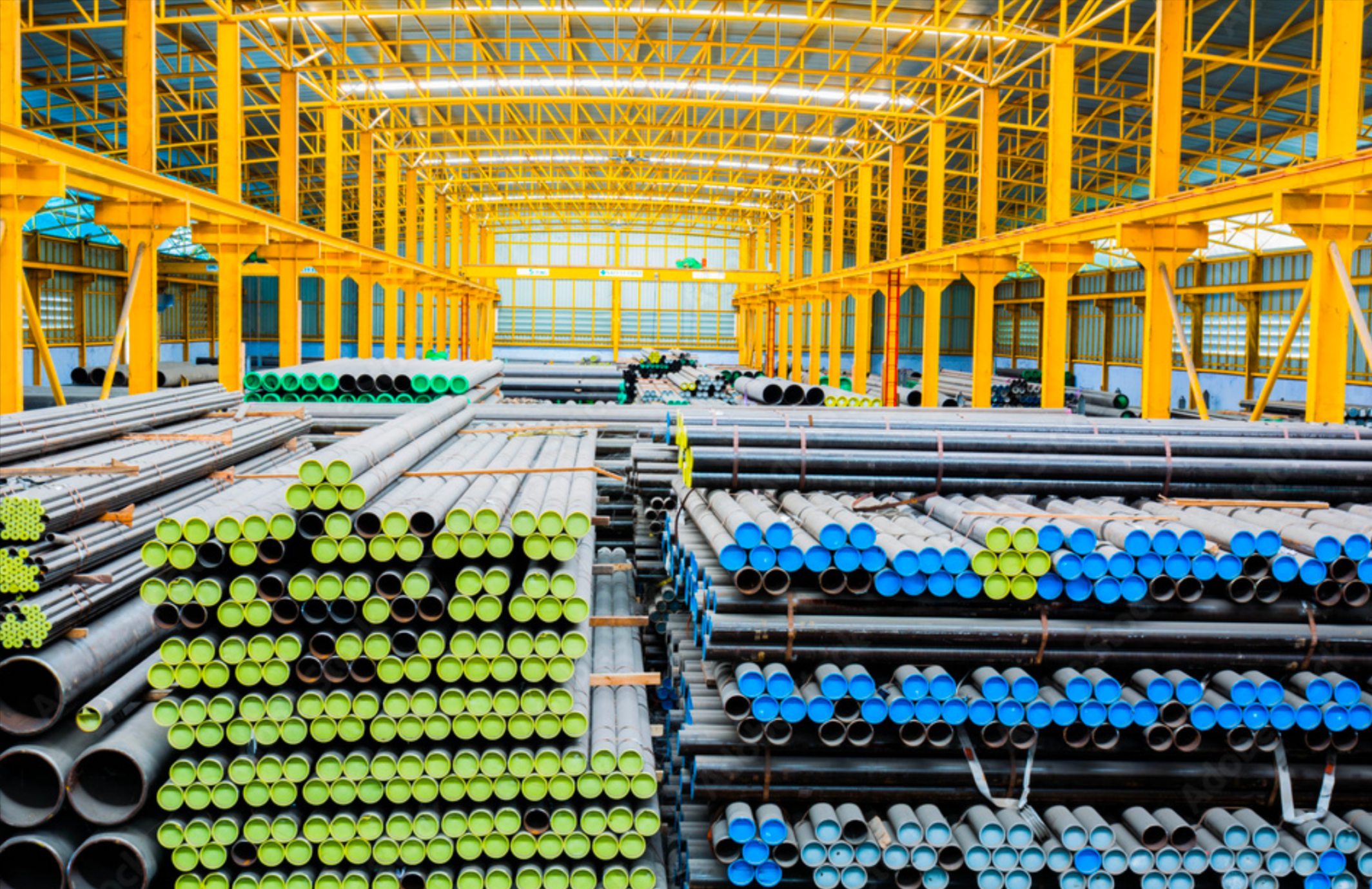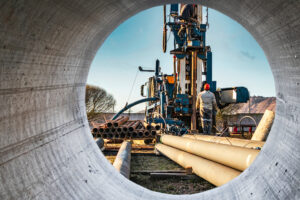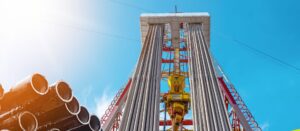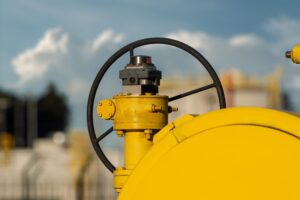Rhino Tubular Handling System Don’ts
When it comes to this pipe storage solution, here are the things to avoid.Don’t Neglect Regular Maintenance
Avoid neglecting regular maintenance tasks for the Rhino Tubular Handling System. Skipping or delaying maintenance can lead to increased wear and tear, decreased performance, and potential equipment failure. Stick to the recommended maintenance schedule and promptly address any identified issues.Don’t Overlook Safety Procedures
Pay attention to safety procedures when performing maintenance or inspections on the Rhino Tubular Handling System. Ensure the system is properly shut down, locked out, and tagged out before starting any maintenance activities.
Don’t Ignore Warning Signs
Never ignore warning signs or abnormalities observed during the Rhino Tubular Handling System inspection. If you notice unusual noises, leaks, vibrations, or any other signs of malfunction, investigate and address the issue promptly. Ignoring warning signs can result in equipment failure, production delays, and safety hazards.Don’t Attempt Repairs Without Proper Training
Only attempt repairs or modifications to the Rhino Tubular Handling System with proper training or expertise. Complex maintenance should be performed by qualified technicians familiar with the system’s components and operations.Rhino Tubular Handling System Do’s
When it comes to the maintenance and inspection of a Rhino Tubular Handling System, here are some important do’s to keep in mind:Do Regular Cleaning
Clean the system components regularly to remove dirt, debris, and other contaminants that can affect performance. Use appropriate cleaning agents and follow MSI’s recommendations.Do Visual Inspections
Conduct regular visual inspections of the frame, cylinders, hoses, and connections. Look for damage, leaks, loose fasteners, or wear. If identified, take appropriate action. Inspect the hydraulic system for leaks, proper fluid levels, and signs of degradation or contamination. Ensure that the hoses and connections are secure and in good condition.Do Perform Load Testing
Perform load testing as recommended to ensure the system’s lifting capacity remains within the specified limits. This helps identify any potential issues with the system’s structural integrity.Do Provide Operator Training
Ensure that operators and maintenance personnel are adequately trained on the safe and correct operation of the Rhino Tubular Handling System. Familiarize them with the system’s features, controls, and safety protocols.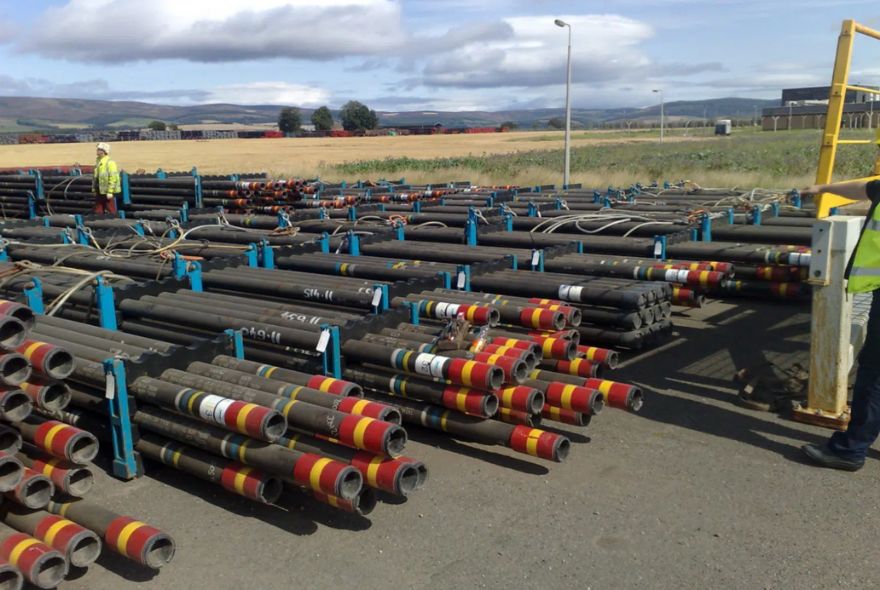
Do Keep Documentation
Maintain a detailed record of maintenance activities, inspections, repairs, and any modifications made to the system. This documentation helps track the system’s history and facilitates future maintenance and troubleshooting.Do Follow Manufacturer Guidelines
Always follow the manufacturer’s maintenance and inspection guidelines for the Rhino Tubular Handling System model. Adhere to lockout/tagout procedures, wear PPE, and follow established protocols to prevent accidents and injuries.Maximizing Performance and Safety with MSI Pipe Protection
